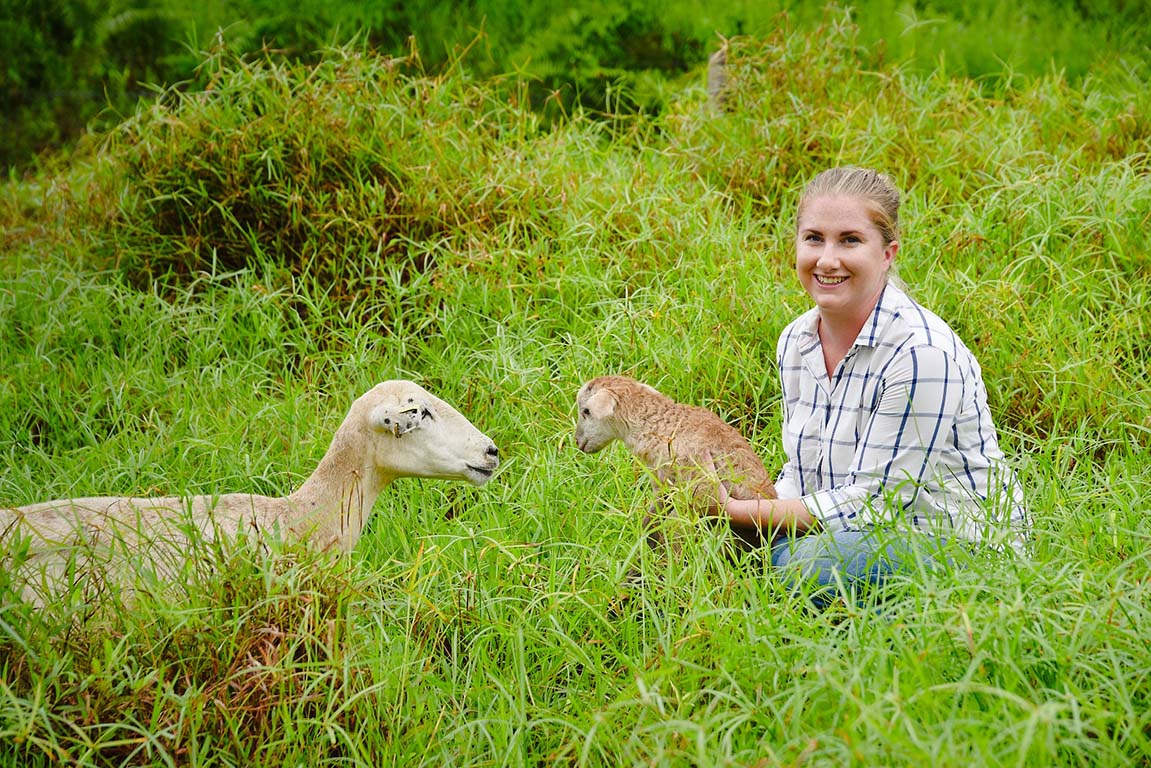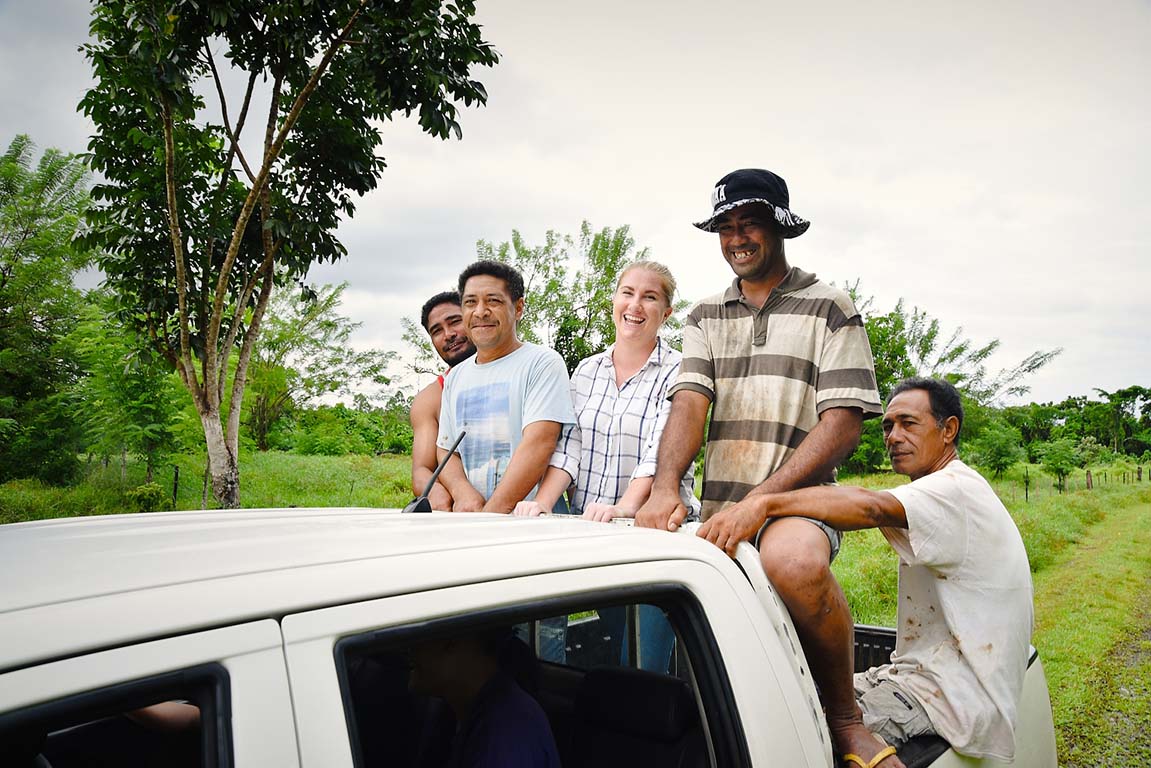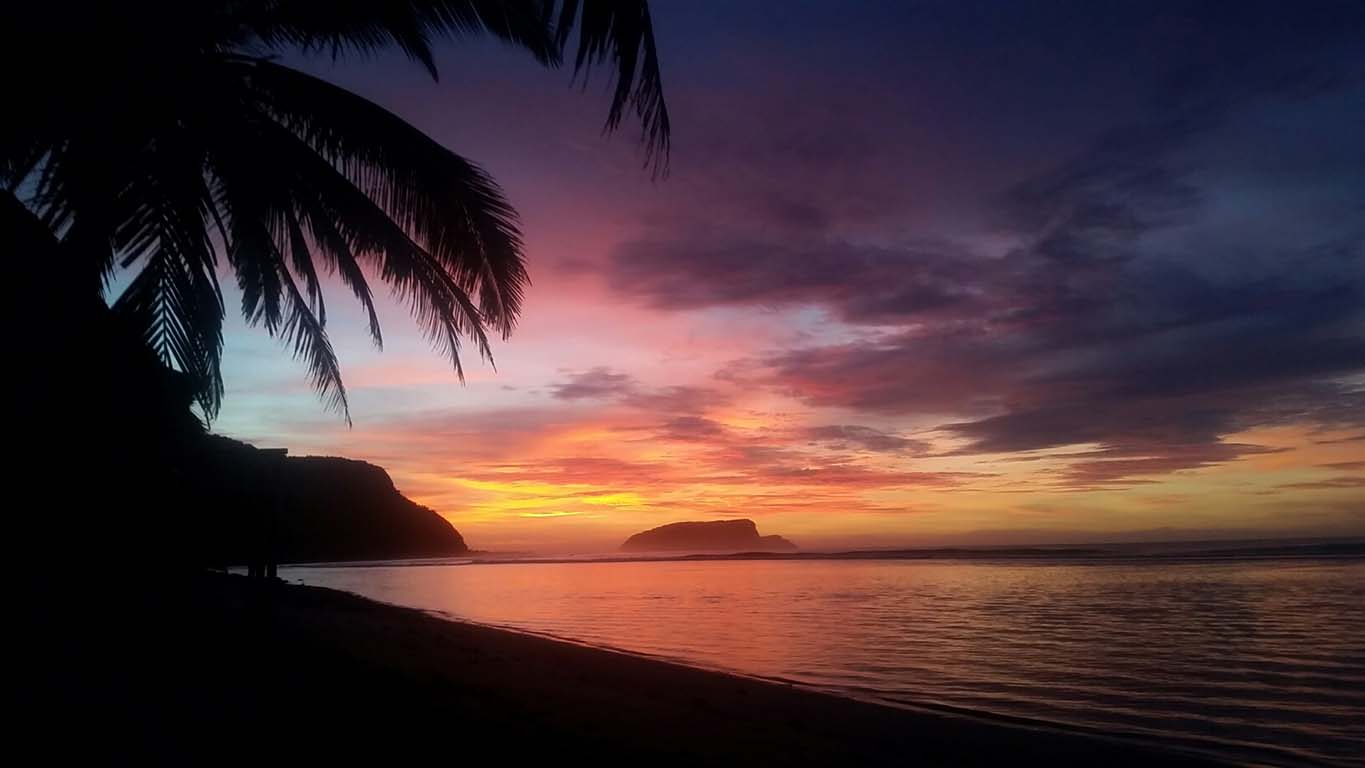Island time; it’s real, but it’s probably not what you think.
By Emma Hand
Before leaving Australia to embark on my 12 month, Australian volunteer assignment to Samoa, I was excitedly telling everyone I met about my upcoming experience. My volunteering assignment is part of the Australian Volunteers for International Development (AVID) program, an Australian Government initiative.
Who wouldn’t be excited about 12 months in paradise? The first thing most people said was, “Where’s that?” or “You mean Solomon Islands?” Once we had established that I was about to be living on a tropical island, the next comment was usually something along the lines of “Oh, you’ll have to get used to Island Time” (or…”good luck with the humidity”).
Most people who have travelled a lot or worked in development know that everywhere has its own concept of time, and that the rhythms of life happen at a different pace in each country or region. While Japan, for example, may be associated with a fast-paced lifestyle, Island Time usually has negative connotations around a slow pace of life and even laziness. I have been living in Samoa for six months now, but it didn’t take me long to work out that Samoans are definitely NOT lazy. Life just happens differently.

AVID volunteer Emma Hand getting up close and personal with the fresh drop of lambs. The breed? Fiji Fantastic Sheep (FFS). Developed from of a cross between the Barbados Blackbelly and Wiltshire breeds. Photo credit: Darren James
In my role as Farm Management Trainer with the Ministry of Agriculture and Fisheries, Animal Production and Health Department, I have been working with staff to improve pasture production (amongst other things). One of my initial suggestions was to begin planting a different grass species. For a couple of months nothing really happened, I continued to make the suggestion to no avail. Then all of a sudden, one day I turned up at the farm and the first paddock had been sprayed out entirely and planted with new springs, as if overnight. I have since worked out that a lot of farming activities do actually happen overnight here… ahh that humidity!!
Similarly, we witnessed the construction of a new school on what had been a bare block of land, within a matter of weeks. I had jokingly made the comment to my partner, one afternoon as we were passing the construction site, that the opening day must be coming up soon… Lo and behold, a couple of days later we drove past the opening day, with a hundred kids in attendance, already in their new school uniforms.
The thing with Island Time is that things either happen very slowly, or very quickly! It all depends on how far away the deadline is and how important that deadline is to the community. When the deadline is approaching and it appears as though it won’t be reached, us Palagi’s tend to begin stressing; the typical Samoan response is one of relaxed, reassurance. Just when you think all is failing, the entire village, or work team, bands together and gets the job done. It is a wonderful community achievement to have such commitment to helping each other out.

The Samoan team heading out. Photo Credit Darren James
But what does this all mean to development? Although it is great that our pasture improvement project is now underway; the fact that the majority of the actual work happened, quite literally, overnight meant that I ended up having little involvement. The job has been done, but there are a few changes that I will make for next time. So, my valuable lesson is that it is important to establish, as early on as possible, how things happen and what activities are carried out when, and, how time in general works in the country you are working in. Learn to take advantage of this and work with it. In the future, I will be learning from my Samoan friends that most strenuous activities are best carried out in the evening, to avoid the humidity.
It is also important to engage as many people as possible within the community in the early stages of planning any changes; in my example, everyone from farm staff to the CEO is important. This has a twofold effect; firstly, the community is given a chance to take ownership over the project and, therefore, has a much greater investment in and understanding of the project, as such, the project is far more likely to be completed successfully, with community pride. Secondly, community members gain an understanding of the process and are far more likely to undertake similar projects after we finish our roles and return home; thus achieving capacity building… and after all, that is what we are here for!

From where you’d rather be. Beautiful Samoa. Photo Credit: Emma Hand


